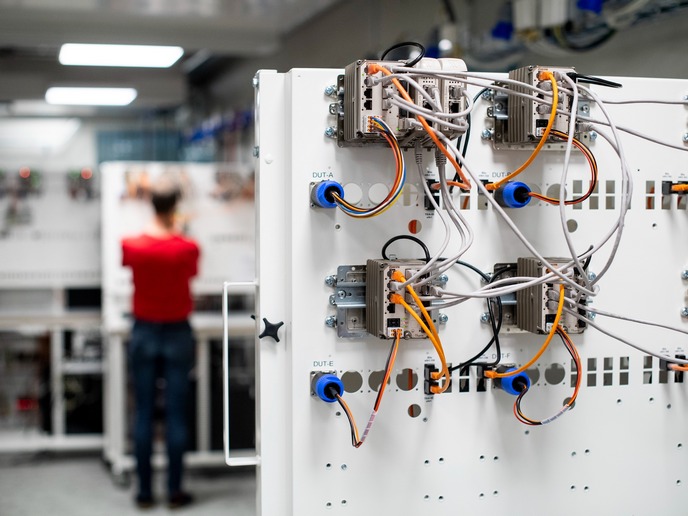Intelligent homes not far away
Researchers in the European project 'Amigo ambient intelligence for the networked home environment' (AMIGO for short) enrolled the services of 13 partners, including leading telecommunications companies such as France Telecom, Microsoft and Phillips, to realise the full potential of an intelligent networked home. To do this the partners first had to resolve key issues like the lack of interoperability between individual devices. AMIGO created a software platform that gets individual devices in the home to talk to each other and provided context-aware artificial intelligence to control them. More importantly, its basic components and all user services are available as open source software for everyone to use. By steering away from creating a monolithic system and making the software accessible to all, the project partners believed that they could bring intelligent homes one step closer to reality. Acceptance by the end-users was also of vital importance, so the team invested in developing attractive user services. Indeed, to make the technology not only work from a technical point of view, but also motivate people to use it was one of the main challenges. AMIGO homes adapt to the habits of their occupants, automatically adjusting the ambient lighting to watch a movie, locking the doors when someone leaves or contacting relatives when someone is ill or has an accident. Dedicated prototypes were prepared during the course of the project to make the benefits immediately clear. Despite AMIGO's technical advances, it may be a while before intelligent networked homes become commonplace, say the project partners. But the 'smart home' dream is edging ever-closer to reality.







